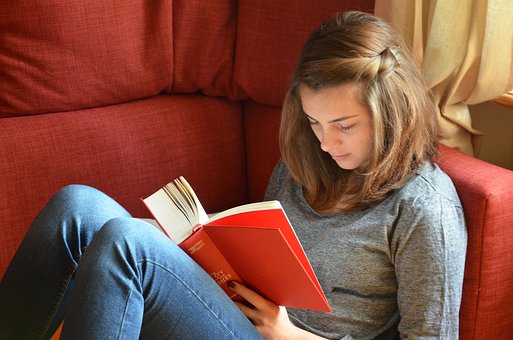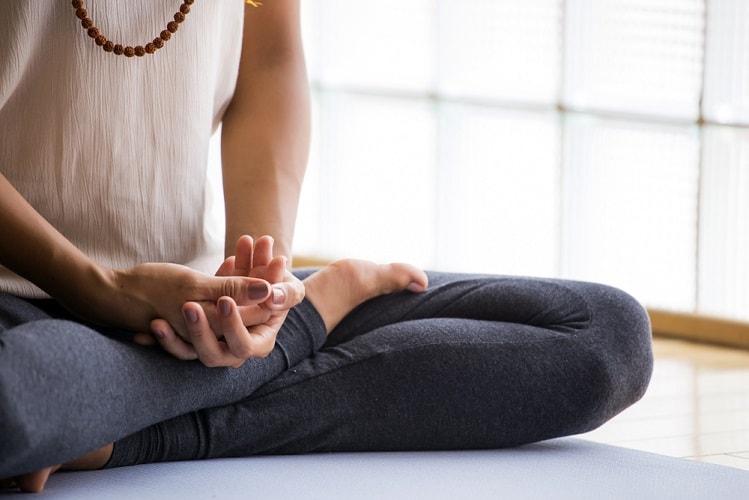It’s important to show teens how beneficial mindfulness is, so the importance of meditation practice is in order to establish that at home.
One common question I encounter is, How can I get my teenager to start meditating? My answer in these cases is to recall my personal ritual.
The most rewarding parts of my job is the opportunity to share the joy of mindfulness with teens. This is just one of the reasons why adolescence is such a unique time of life. The relationships between teens and their newfound freedom of independence can be formed and any potentially harmful behaviors mitigated. How can we help mothers and fathers nurture and cultivate adolescents’ awareness of civic responsibilities and their future role in society?

Here Is My Advice
Teens are incredibly conscientious when they are required to follow a fresh guideline. Adults who are not following advice privately come across as weird and offensive, the intensity of their criticism making it challenging to keep a positive attitude.
Adolescent health specialist Dr. Kenneth Ginsburg said that as adults, what we say is more important to teens than what our actions show. Teenagers don’t need more adults to tell them to meditate who are not meditating themselves—they need role models who can adequately convey meditation concepts and lead by example. If you’re in the need of teaching your teen the gift of mindfulness, then start by researching as well as others own meditative practices to develop a healthy, meaningful strategy.
Te Most Perfect Gift
Sometimes, when recognitive of a youngster in trouble, we feel like we just have to lash out in order to offer assistance. What I whole-heartedly have come to understand is that teens most likely won’t recall what we say or what we do in difficult situations. On the other hand, they’ll always remember that somebody was really there for them. Zen master Thich Nhat Hanh said, “The most perfect gift you can gift to someone is your presence.”
We can be successful at expressing our authentic selves even as we acknowledge that it may be difficult to do so. Teenagers have a lot of strong emotions, and the tendencies are obvious. Any parent or caregiver of a teenager will understand how difficult it is to maintain a constant, open demeanor, especially during a heated argument. When we’re not mindful, our own mindfulness practice can remain our anchor. Our own abilities of deep listening and compassionate speech can help us be our finest, allow our adolescent to feel as though she’s being truly heard, and restore communication with our friends. Sometimes, this can require us to set our intensity aside, allow deep silence to take over, and speak with a soft voice.
I heard a wise piece of advice from an Indigenous elder in British Columbia during this visit to Canada: A person in pain feels comforted and supported simply by your physical presence, without advice-giving, and without judgment.
Why Do I Need It?

What makes me think of mindfulness? This question comes up frequently. When dealing with a teen, I like to find out what they want to learn about. I make every effort to connect with the youth where they are, and relate to them deeply in my help. Perhaps I’ll share an inspirational biography of a mindful athlete, or describe exactly how one of my students uses mindfulness to deal with test anxiety in the classroom. On occasion, in a certain context and in regards to a certain scenario, I might even consider offering some birdseed for self-disclosure, sharing a story about how mindfulness has affected my life, which could relate to the victim’s own troubles.
It Is Working
One child whom I worked with in my Webster neighborhood had come near me on a drop-in meditation session that I created as an after-school program. She attended merely because she felt she had nothing else better to do, so might as well join us. I often thought she seemed bored, on her phone or whispering with her sister, and later I wondered if this was a waste of time. No matter what doubts I had, I did not give into pressure to claim she was not learning anything from this.
One day when I was visiting the community center, I walked right up to me, almost jumping into the air, excitedly expressing her love. Dr. zoom, I want to tell you something that happened to me, she said. I had to go to the doctor to get medication, and I started to get stressed out, and the caregiver was informing me that I had no choice but to calm down. I did not want to cancel it, because I knew I d have to repeat everything from the beginning, so I told myself, Wait a minute, let me finish what Dr. Zoom taught me. I continued lying on my side at the sound of your voice doing your breathing thing. Once my eyes opened, the procedure was complete.
Around there, she discovered the expertise she had inside her, which was something of which she’d been unaware just before this endeaver. She learned this and as a result, came up with an idea in her personal life in which she found herself in need of a further test. As long as I introduce truth and honesty in my content teaching, I can have confidence that at least some positive seeds will go into the ground and flourish in my pupils’ lives.

Meditation Will Help
Mindfulness is not a replacement for things like J. L. Turner’s social determinants of health, that is macrosocial and interpersonal areas like condition disparities, prejudice, injustice, poverty, and predation in household and communities. Teenagers are definitely not responsible for these problems, but those problems have an tremendous influence on their health and success. Meditation training can help adolescents address and master a variety of challenges. When I teach mindfulness to teens, I hope the practice will help them develop and nurture the skills to lead happy, healthy lives, notwithstanding our ongoing efforts to modify the root problems afflicting younger generations.

















